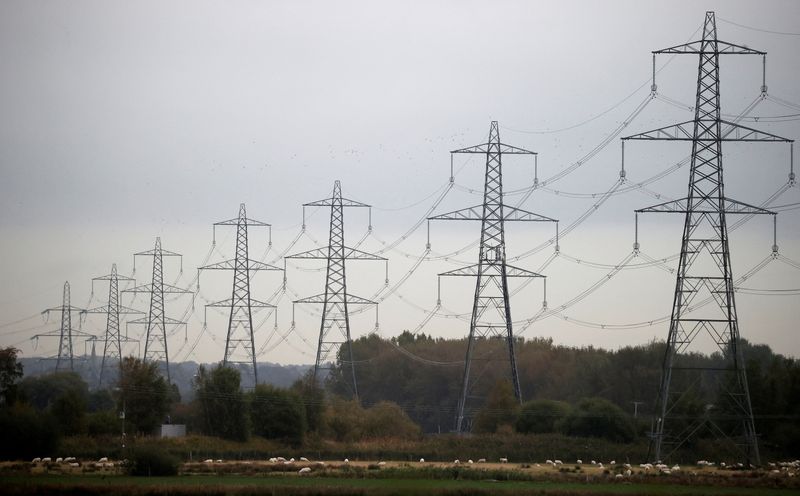LONDON (Reuters) - New British Prime Minister Liz Truss on Thursday unveiled a plan to support households and businesses with their energy bills that could cost 100 billion pounds or more, funded by borrowing.
Here is what the government said about the plan:
- A typical household will pay no more than 2,500 pounds ($2,870) a year on their energy bills over the next two years from Oct. 1.
- The package includes the temporary removal of green levies, a move worth around 150 pounds per household.
- Coupled with a previously announced 400 pound discount on bills, prices will be slightly above the current price cap of 1,971 pounds per year based on typical use. The cap had been set to rise to an average bill to 3,549 pounds from Oct. 1.
- The government will also establish a fund for those using heating oil, living in park homes or people on heat networks, so all consumers can benefit from equivalent support, Truss said.
- The policy applies to households in Great Britain.
- Businesses will also be supported, though there was not a number for what their energy price would be fixed at. The government said it would intervene to subsidise the wholesale price, and there would be more details on the scheme for business to follow.
- The scheme to support businesses will initially run for six months, with a review in three months to see if the support should be targeted.
- The cost of the intervention overall - to be funded by borrowing - was not given. It has been estimated in the "tens of billions" of pounds, while economists believe it is likely to add more than 100 billion pounds to Britain's debt pile.
- The finance minister will set out the costs in a fiscal statement this month, and the intervention will be funded by borrowing.
- The government estimates the intervention will curb peak inflation by up to 5 percentage points.
- The government will prioritise energy security and resilience, with the aim of making Britain a net energy exporter by 2040, Truss said.
- The finance ministry will announce a joint scheme with the Bank of England to address the extraordinary liquidity requirements faced by energy firms, worth up to 40 billion pounds.
- A new round of oil and gas licensing will come next week with more than 100 licenses issued. A moratorium on fracking will be lifted and planning permission can be sought where there is local support.

- There will be long-term contracts for energy companies, the government will negotiate with renewable producers to reduce their prices, and the government will stick to its target of producing 25% of Britain's electricity from nuclear energy.
($1 = 0.8711 pounds)